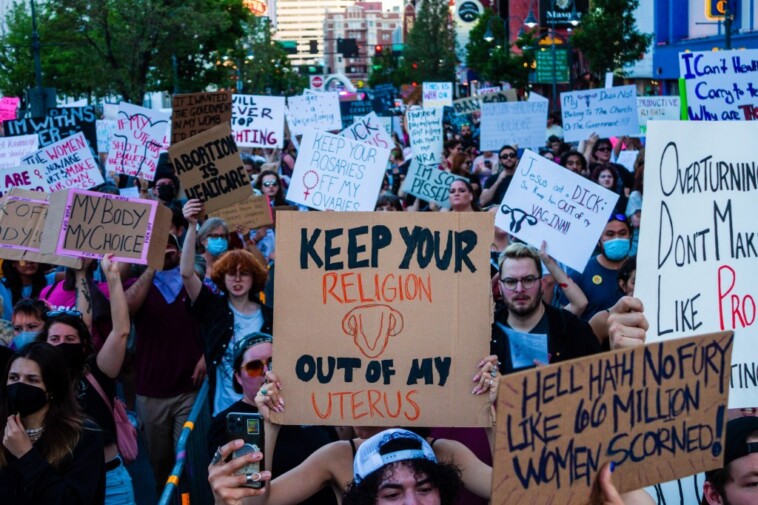Nevada is set to become the 18th state to allow low-income pregnant women to use Medicaid funds to pay for abortions.
The state government declined to appeal a judge’s ruling earlier this year that found denying coverage for abortions violated Nevada’s equal rights protections adopted by voters in 2022.
It’s unclear when the coverage will begin, but the ruling judge said it should be no later than early November.
“Nevadans who have Medicaid as their health insurance will no longer need to fear that they will be forced to carry a pregnancy against their will,” Rebecca Chan, a lawyer with the ACLU Reproductive Freedom Project, which sued in the case, said.
The issue of abortion has become a key voter issue across the country since 2022 when the US Supreme Court struck down Roe v. Wade, which had federally guaranteed abortion access for women for half a century.
Most GOP-controlled states have implemented bans or restrictions — including 14 that have barred abortion at all stages of pregnancy, with some exceptions, and four more that generally prohibit it after about the first six weeks of pregnancy.
Conversely, most blue states have moved to protect and expand access to abortions. Nevada, whose legislature is controlled by Democrats, is among the states that has protected access.
Just this past week, a judge struck down North Dakota’s abortion ban and Arizona repealed its long-dormant 1864 law that criminalized all abortions except when a woman’s life was jeopardized.
Voters in The Silver State will consider enshrining the right to abortion in the state constitution in November. If the referendum passes, there will be a second vote in 2026.
However, a major issue even in states where abortions are readily available to women is whether the procedure is covered by Medicaid for patients on the joint state-federal program for those with lower incomes.
Under a 1977 law, federal funds are prohibited from paying for abortion except in cases of rape, incest and when abortion is necessary to save the life of the pregnant person. States are permitted to use their allocations to pay for abortion under certain circumstances.
The Guttmacher Institute, a research organization that supports abortion rights, says that most follow the federal law for the state funds, too — or do so but with some additional exceptions.
Seventeen states cover abortion without limitations. Nine of those are under court orders and eight cover abortion voluntarily.
Roughly one-third of American women between the ages of 15 and 49 live in states where abortion is accessible and Medicaid covers abortion but only in limited cases, according to the healthcare nonprofit KFF.
About one in five women in those states has Medicaid insurance coverage.
Those with Medicaid are disproportionately low-income, Native American and Black.
With Post Wires





